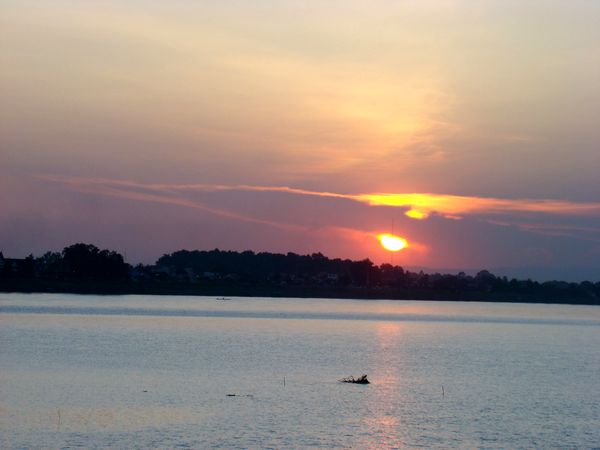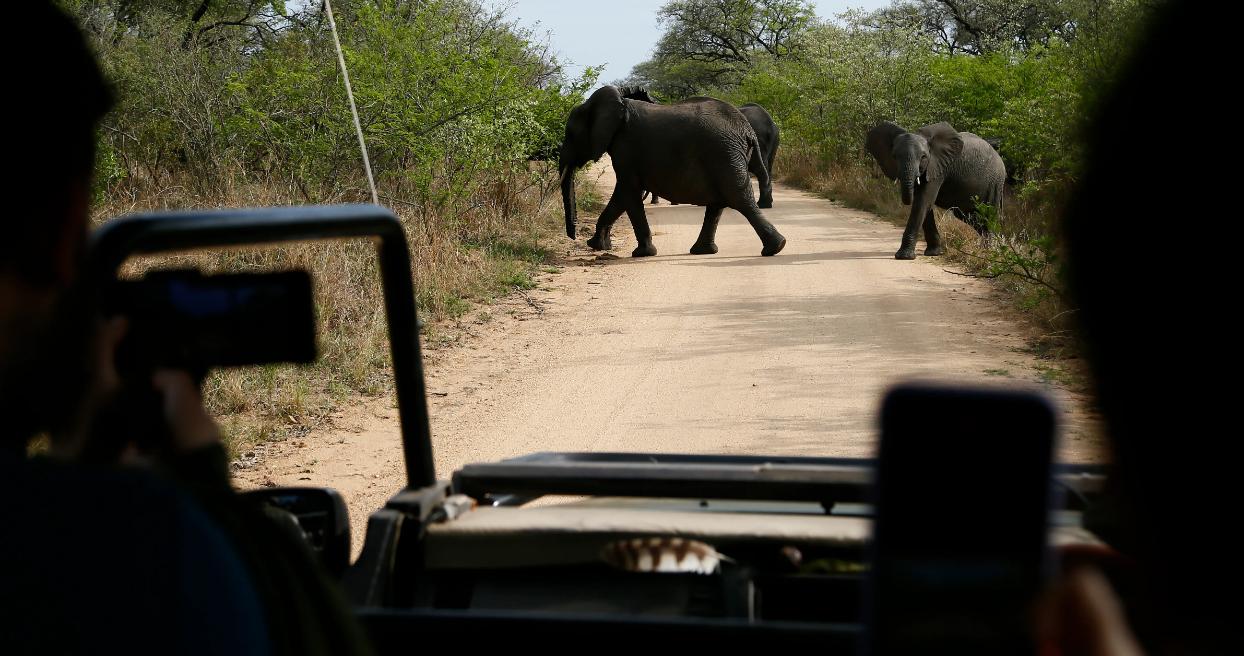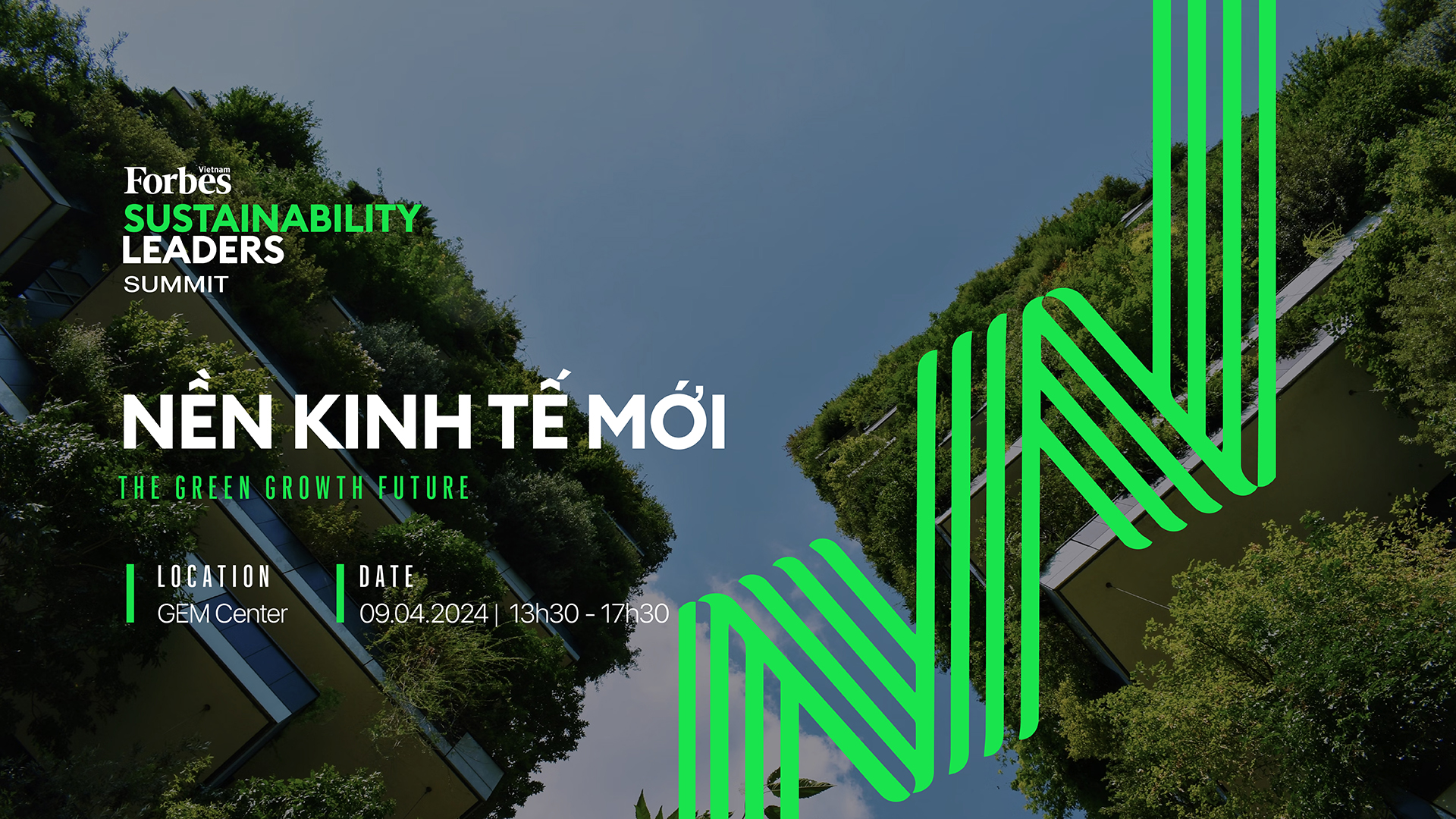In a collaborative effort to combat deforestation and restore critical habitat, several organizations joined forces to launch the "Regreening Forest 2024" initiative. Held on June 2nd in Van Ho commune, Son La province, the event marks a significant step towards a long-term goal of restoring 500 hectares of forest along the ecological corridor connecting Hoa Binh and Son La provinces.

Statement from Vietnamese Non-governmental organizations to the Mekong River Commission
STATEMENT FROM VIETNAMESE NON-GOVERNMENTAL ORGANIZATIONS
TO THE MEKONG RIVER COMMISSION
Re: Consultation on Management and Use of Water in the Mainstream Mekong River
Luang Prabang, Lao PDR. February 22, 2017
On the occasion of Mekong River Commission’s (MRC) Regional Stakeholder Forum on the Procedures for Notification, Prior Consultation and Agreement (PNPCA) for the Pak Beng hydropower project and MRC Council Study (CS) on February 22-23, 2017 in Luang Prabang, Vietnamese Non-Government Organizations and individuals who are interested in sustainable water resource management in the Mekong region, present the following public statement to MRC:
i. CS is a cross-sectoral report which is intended to assess the social, environmental and economic impacts from infrastructure development in the Mekong River, including hydropower dams, irrigation, land use and navigation projects. Besides that, the CS should also provide important guidelines for planning and using sustainable water resource from Mekong river. However, the CS has yet to be completed and is currently in the consultation process. The final report of the Strategic Environmental Assessment of Hydropower on the Mekong Mainstream (SEA) (ICEM, 2010) found that information gaps remain on issues critical to making responsible judgements regarding the nature and extent of potential impacts of proposed projects. In particular “uncertainties relating to social and environmental effects remain – with important economic and equity implications for countries and communities in the Mekong basin as well as for sustainable development in the Mekong basin” (ICEM, 2010). Therefore, before the Council Study is completed and in recognition of the expected impacts from the Xayaburi and Don Sahong dams when in operation, the Government of Lao needs to thoroughly study and consult about Pak Beng hydropower dam project, as well as impliment potential solutions to minimize and mitigate the negative impacts from hydropower dams are in place.
ii. It is necessary to reconsider the way in which impacts are assessed and the PNPCA process is applied to each hydropower dam, because the current process does not allow the full assessment of overall impacts, and the cumulative impacts of all hydropower projects on the mainstream river. The SEA report has noted that the transboundary impacts of hydropower dams on the Mekong River mainstream to biodiversity, fisheries and people’s livelihood sources in the lower Mekong countries, will be irreversible. Thus, for any development projects in the mainstream Mekong river, the transboundary and cumulative impacts must be carefully considered.
iii. The PNPCA process for both the Xayaburi and Don Sahong hydropower dams ended despite ongoing concerns from Vietnam and Cambodia on the project’s transboundary impacts. The MRC also closed the consultation process without any official announcement regarding the final decision for these two projects. These cases show that if the Pak Beng’s Prior Consultation Process continues in the same way as previous cases, it will not hold any meaningful and practical significance. Therefore, MRC should reassess the PNPCA process before making any decisions which related to the use of water resources from the Mekong River mainstream for any hydropower development.
iv. Currently, the information on the PNPCA process for the Pak Beng hydropower project has been announced on the MRC’s website in English. However, we, as well as the public at large in Vietnam, are not provided with any information about the Pak Beng PNPCA process for this project in Vietnamese language. This demonstrates that access to information during preparation for the consultation process at national level is being overlooked. There is a significant need to reform and open up communication channels in order to involve media, and the public and ensure that especially affected communities can access the information and have opportunities to contributions their comments and aspirations into the consultation process at different levels.
Participating organizations listed below hope to receive timely information and updates from relevant agencies during the consultation process for Pak Beng hydropower project, as well as CS. We are willing to cooperate and provide necessary support for the Vietnam National Mekong Committee and related agencies in the PNPCA.
*This public statement is presented in the Regional Stakeholder Forum organized by MRC in Luang Prabang (Lao PDR) in 22-23 February 2017.
**Participating organizations: Vietnam Rivers Network (and member organizations: GreenID, WARECOD, CEWAREC, CSRD), LPSD, PanNature.



